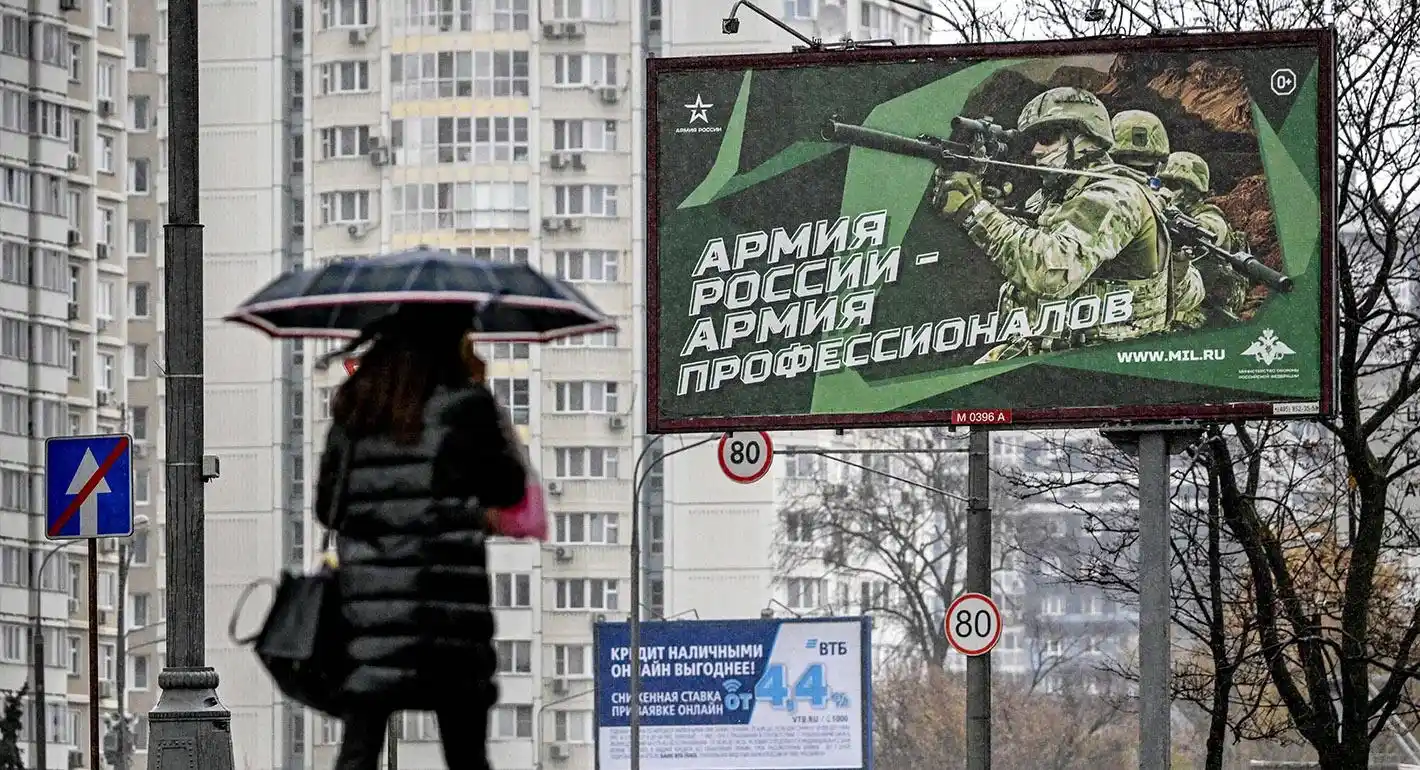According to monthly Levada Center surveys, public attention to the war continues to decline. Despite more frequent drone strikes on Russian territory, the conflict has receded into the background for most respondents.
In September 2025, half of those polled (50%) said they were following events around Ukraine closely—eight points lower than in May. Another third (35%) said they were paying casual attention, and 14% had stopped following the news altogether. This is the lowest level recorded since the start of monitoring.
The demand for peace, however, remains consistently high. About two-thirds of Russians (62%) believe it is time to move to peace talks: 31% “definitely,” another 31% “rather yes.” By contrast, 29% favor continuing hostilities, with only 11% certain of that view.
Support for negotiations is strongest among young people, residents of rural areas, and those in smaller towns. Among pensioners and residents of Moscow and St. Petersburg, the share of “hawks” is higher—though even there it is shrinking.
Strikingly, 80% of respondents say they would support a decision by Vladimir Putin to halt military operations “this week.” That figure is up 18 points from May 2023. However, if an end to the conflict were conditioned on returning annexed territories, support drops to 33%.
A source familiar with the polling notes that the demand for peace is meaningfully high (and has been amplified by the campaign to improve relations with the Trump administration) but is becoming “diffuse”—people are tired, yet do not expect rapid change. Over the past year and a half, more Russians acknowledge that the war directly affects their lives. The sense that “it’s happening somewhere else” is fading, even in the capitals.
At the same time, public focus on the war has dulled: “the war has turned into something permanent,” the sociologist says. Escalation and strikes on Russian territory no longer restore interest—the war’s mobilizing effect is gradually running out.
Another notable trend is the growing share of Russians willing to accept peace even at the cost of territorial concessions. Although this is not on the official agenda, many believe the war must end “simply because it makes life harder.” This view is tied to worries about the economy: the longer the fighting continues, the more respondents say living standards suffer.
“Expectations for the war are falling,” the sociologist says. “Society no longer expects victories and gains—it expects an end and relief.”


















